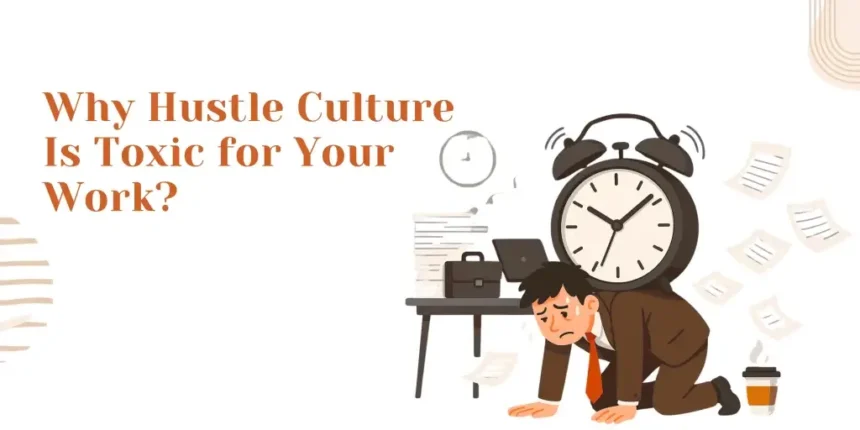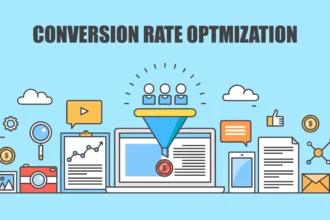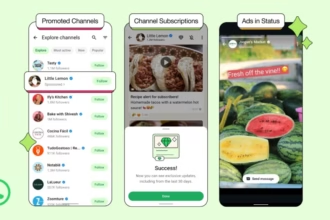Why Hustle Culture is Toxic and What to Do Instead
We’ve all scrolled through social media feeds filled with motivational quotes urging us to “rise and grind” or “sleep when you’re dead.” This relentless drive, often glorified as hustle culture, promises success if you just push harder and longer. But beneath the shiny surface, it’s starting to crack—leaving many feeling exhausted rather than empowered. In this post, we’ll unpack why this mindset can be downright harmful and explore practical, healthier paths to achievement that don’t require sacrificing your well-being.
Understanding Hustle Culture: The Glorified Grind
Hustle culture isn’t new, but it’s exploded in the digital age, fueled by influencers, CEOs, and productivity gurus who boast about 4 a.m. wake-ups and 80-hour workweeks. At its core, it’s the belief that constant busyness equals productivity and worth. Success stories from figures like Elon Musk or Gary Vaynerchuk often amplify this, suggesting that anything less is laziness. Yet, as more people share their burnout experiences, it’s clear this approach isn’t sustainable for everyone—or even most.
The Dark Side: Why Hustle Culture is Toxic
Let’s get real: while a strong work ethic has its place, hustle culture crosses into toxicity when it demands non-stop effort at the expense of everything else. Here are some key reasons it’s problematic, backed by insights from experts and real-world observations.
First off, it breeds burnout and mental health struggles. Constant pressure to perform leads to chronic stress, which can spiral into anxiety, depression, and physical exhaustion. Studies show that this “grindset” mindset correlates with higher rates of these issues, as people ignore rest in favor of output. culturemonkey Imagine working through weekends only to crash mid-week—it’s not heroic; it’s harmful.
Second, it erodes productivity over time. Ironically, the very thing hustle promises—more results—backfires. Research indicates that overworking reduces efficiency, with nearly 80% of employees reporting fatigue that hampers their output. leaders When you’re always “on,” creativity suffers, mistakes increase, and innovation stalls. It’s like revving an engine without oil; eventually, it seizes up.
Third, it fosters a toxic sense of self-worth tied to output. In this culture, your value is measured by how much you hustle, leading to guilt for taking breaks or enjoying life. This can make people feel inadequate in a system that’s often rigged against them, amplifying feelings of failure even when external factors are at play. Plus, it encourages unhealthy competition and comparison, where scrolling through others’ “wins” leaves you feeling lesser.
On a broader scale, it impacts workplaces too. Companies embracing this vibe see higher turnover—employees are over 10 times more likely to quit due to toxic environments than pay issues alone. viktorijadamcevska.medium.com And for certain groups, like women, it’s especially insidious, piling on societal expectations of perfection in both career and home life.
Finally, it ignores the human need for balance. Leisure isn’t a luxury; it’s essential for well-being. Hustle culture dismisses this, promoting a frantic pace that leaves little room for relationships, hobbies, or simple joys—ultimately poisoning enjoyment of life itself.
Signs You’re Caught in the Hustle Trap
If you’re nodding along, check for these red flags: constant fatigue despite “success,” guilt over downtime, strained relationships from overworking, or measuring your day solely by tasks completed. Recognizing these is the first step to breaking free.
Shifting Gears: Healthier Alternatives to Hustle Culture
The good news? You don’t need to hustle to thrive. Success can come from sustainable practices that honor your energy and humanity. Here’s what to embrace instead.
1. Prioritize Work-Life Balance and Self-Care: Start by setting boundaries—like no emails after 7 p.m. or dedicated “off” days. Intentional self-care, such as regular exercise, healthy eating, and hobbies, recharges you for better performance. medium.com Think of it as fueling your engine properly rather than running on fumes.
2. Focus on Outcomes, Not Hours: Shift from input (hours worked) to output (results achieved). An inclusive culture that values efficiency over endless effort leads to happier, more productive teams. testgorilla.com Tools like time-blocking or the Pomodoro technique can help you work smarter, leaving space for life outside the grind.
3. Embrace Slow Living and Mindfulness: Slow down intentionally. This approach—focusing on quality over quantity—allows for deeper fulfillment and even financial success without burnout. Practices like meditation or journaling can ground you, countering the frenzy of hustle.
4. Build Supportive Networks and Collaborate: Ditch solo hustling for community. Connect with others through coffee chats, walks, or virtual meetups to share ideas and reduce isolation. Collaboration often yields better results than grinding alone, and it combats the competitive edge of hustle.
5. Unlearn Through Resources and Reflection: Dive into books that challenge hustle myths, like those on burnout recovery or anti-capitalist productivity. Reflect on your “why”—redefine success as holistic well-being, not just accolades. And if needed, seek professional help to unpack ingrained habits.
In workplaces, leaders can combat this by recognizing efforts beyond overtime, promoting mental health days, and modeling balance themselves.
Dont miss: Weekend Side Hustles That Pay More Than Your 9-5: Tested in Nigeria
Conclusion: Choose Sustainable Success
Hustle culture might look glamorous from afar, but up close, it’s a recipe for misery. By acknowledging its toxicities and opting for balanced alternatives, you can achieve meaningful goals without the crash. Remember, true progress comes from consistency, not exhaustion. So, take that break, nurture your relationships, and build a life where work serves you—not the other way around. Your future self will thank you.
Image source: growththruchange.com





